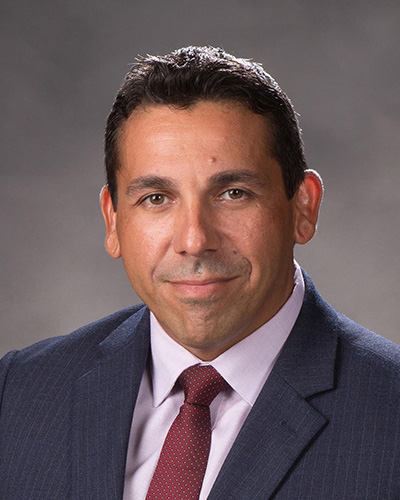
Article Library

Arama Martinez, NSSA®
Martinez Insurance
Florida
arama@insurewitharama.com
(772) 925-2833
The Money Supply
The Path to Understanding the Economy
What Is the Money Supply? It's the total amount of money available in a country, including cash, coins, and bank deposits. The money supply is categorized into different levels.
There are different measures of the money supply, each of which includes different types of assets. The most common measures of the money supply in the United States are:
- M1: This measure includes cash, coins, and checking account deposits.
- M2: This measure includes M1 plus savings deposits, money market funds, certificates of deposit, and savings accounts.
- M3: This measure includes M2 plus large time deposits and repurchase agreements.
It includes cash, coins, and money held in bank accounts. The money supply is important because it affects the amount of spending and investment in the economy.
The Federal Reserve controls the money supply by buying and selling government bonds. When the Fed buys bonds, it increases the amount of money in circulation. When the Fed sells bonds, it decreases the amount of money in circulation.
The money supply can have a significant impact on the economy. An increase in the money supply can lead to higher inflation, as there is more money chasing the same amount of goods and services. A decrease in the money supply can lead to lower economic growth, as businesses have less money to invest.
- The Connection to the Economy: Navigating the Terrain Think of the money supply as the flow of a river along your hiking path. If the river is flowing too quickly (too much money in the economy), it can lead to erosion or flooding. This represents inflation, where prices rise, and money loses value.
On the other hand, if the river runs too slowly (too little money in the economy), plants and animals may suffer, reflecting a stagnant economy where growth slows down.
- The Role of Central Banks: The Trail Guides Central banks (like the Federal Reserve in the United States) are like experienced trail guides. They adjust the money supply to keep the economy on the right path. They do this by changing interest rates or buying and selling government bonds.
- If the economy is overheating, they might reduce the money supply to cool things down.
- If the economy is sluggish, they might increase the money supply to stimulate growth.
- Impact on Taxes: The Supplies for the Hike Taxes are like the supplies you need for your hike. The money supply can also affect taxes. For example, if the money supply increases, the government may need to raise taxes to control inflation. Conversely, if the money supply decreases, the government may need to lower taxes to stimulate economic growth.
They support government spending on public goods and services. The money supply indirectly affects taxes in the following ways:
- If the economy is growing, businesses and people earn more, leading to higher tax revenues.
- If the economy is struggling, tax revenues might decrease as people earn less.
Sometimes, governments might adjust tax policies to influence the economy, just as you might change your hiking gear to adapt to the trail's conditions.
The View from the Summit: A Balanced Perspective
Understanding the money supply is like mastering the map of a hiking trail. It's a vital part of our economic landscape, influencing everything from prices to growth to taxes. Central banks aim to create a stable and thriving economy by controlling the flow of money, like finding the perfect pace and path for a satisfying hike.
And just like hiking, where unexpected weather or terrain can create challenges, the economy has its complexities and uncertainties. But with skilled trail guides (central banks) and well-prepared hikers (informed citizens), the journey can be fulfilling and enlightening.
Generally, a well-managed money supply can help promote economic growth and stability. However, managing the money supply poorly can lead to inflation, recession, or other economic problems.
Here are some additional things to keep in mind about the money supply:
- The money supply is not a fixed amount. It can change over time, depending on a variety of factors, such as economic growth, inflation, and government policy.
- The money supply can have a significant impact on the economy. It can affect interest rates, inflation, economic growth, and employment.
- The Federal Reserve is responsible for managing the money supply in the United States. It does this by buying and selling government bonds.
Many people have learned about the power of using the Safe Money approach to reduce volatility. Our Safe Money Guide is in its 20th edition and is available for free.
It is an Instant Download. Here is a link to download our guide:

Best Tips
For A Worry-Free
Retirement
The Safe Money Guide